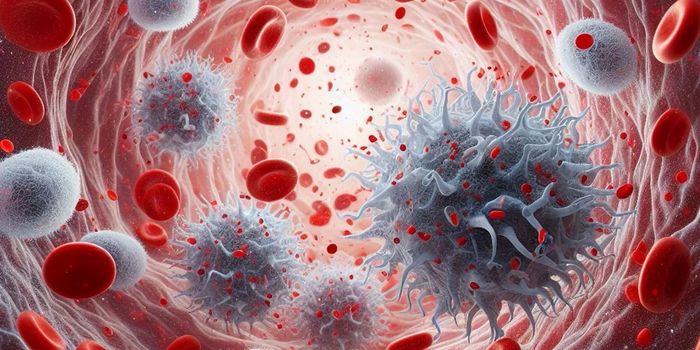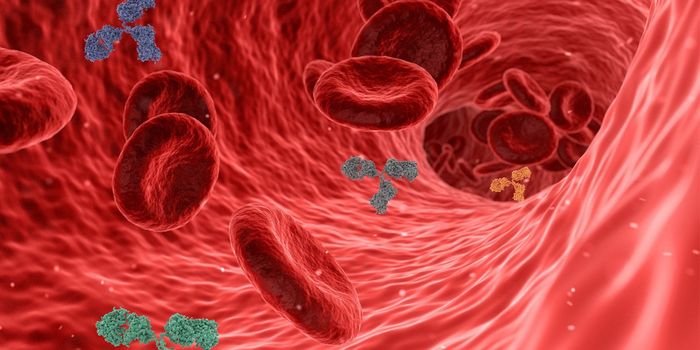A compound found in newborns is thought to have the ability to treat excessive inflammation, which could be lifesaving in cases of sepsis. However, the compound disappears from newborn circulation after two weeks of life.
First found in umbilical cord blood, the compound works by inhibiting the production of neutrophil extracellular traps (NETs). Thus, the compound is reasonably referred to as neonatal NET inhibitor factor, or nNIF.
NETs have the ability to damage blood vessels and organs during sepsis, but their intended role is simply to protect the body from pathogens. While a healthy person might have normal-functioning NETs, a person exposed to nicotine from cigarette smoke or someone with sepsis could contain the types of NETs that malfunction, causing excessive inflammatory damage. As for
nicotine exposure, the chemical stimulates neutrophils to release NETs and reactive oxygen species. In the present study, researchers think that inhibiting NETs when they “go rogue” might help treat sepsis.
"nNIF is offering insights into how to keep the inflammatory response within prescribed limits,” said lead author Christian Con Yost, MD.
After understanding the ability of nNIFs to inhibit the production NETs, scientists from the University of Utah set out to conduct further tests confirming nNIFs’ ability to control sepsis. Using groups of mice models of sepsis, all from different causes, the researchers used nNIFs to see if they could heal some of the mice. Only 20 mice survived longer than a couple of days without nNIF treatment, but the mice who did receive nNIF were three times as likely to survive.
It makes sense that nNIF remains in the circulation of newborns, because the first weeks after birth a newborn’s immune system is still building up strength and the gut microbiome is only starting to grow. Yost said that the “transient nature” of nNIF in newborn blood is connected to the tight control of inflammation during the first two weeks of a newborn’s life, certainly a vulnerable time.
"The beginning of life is a delicate balance," Yost said. "Our work is showing that it is important to have the right defenses, but they have to be controlled."
The placenta has a similar compound to nNIF, but it’s less potent.
The current study was recently published in
The Journal of Clinical Investigation.
Source:
University of Utah Health Sciences
Image: Mark Cody/Diana Lim









